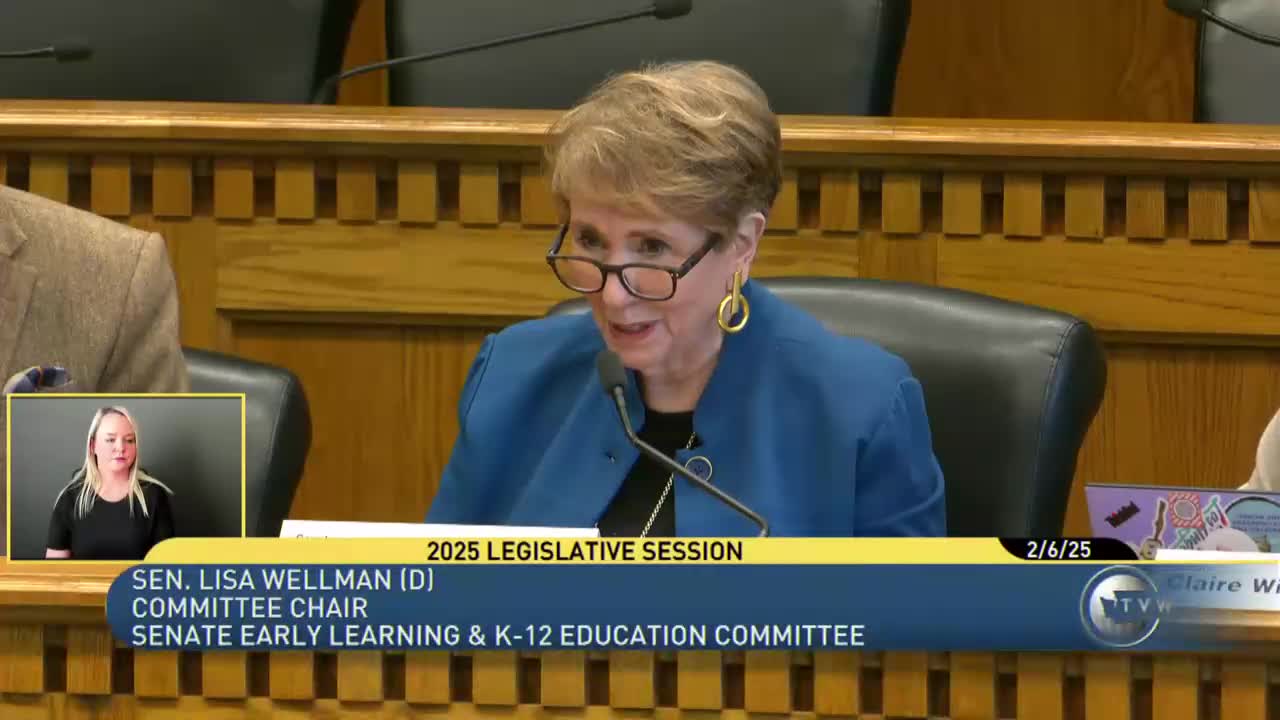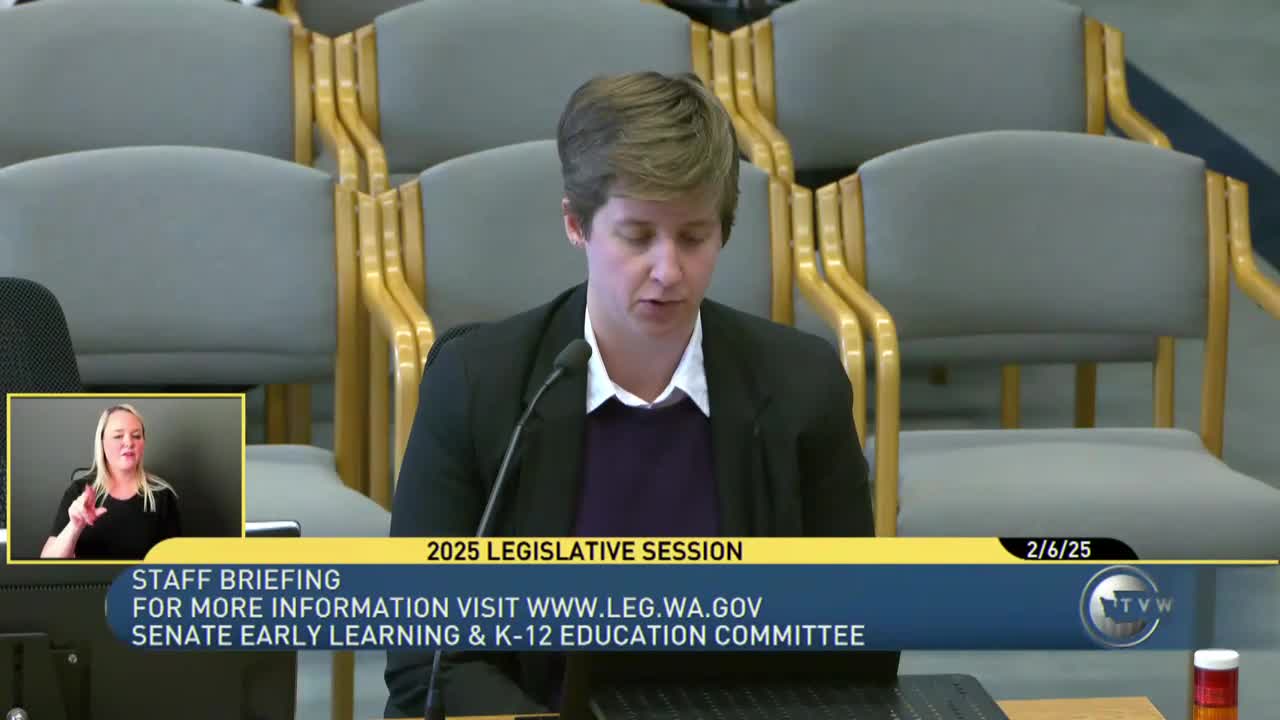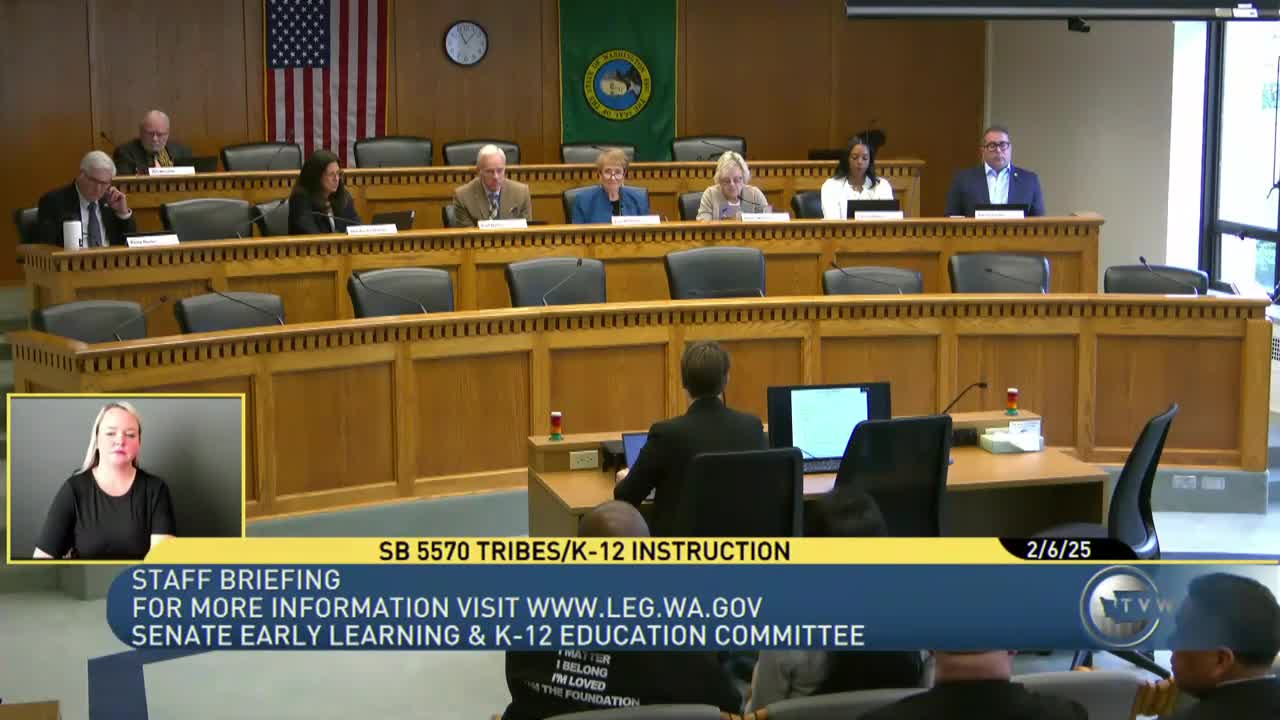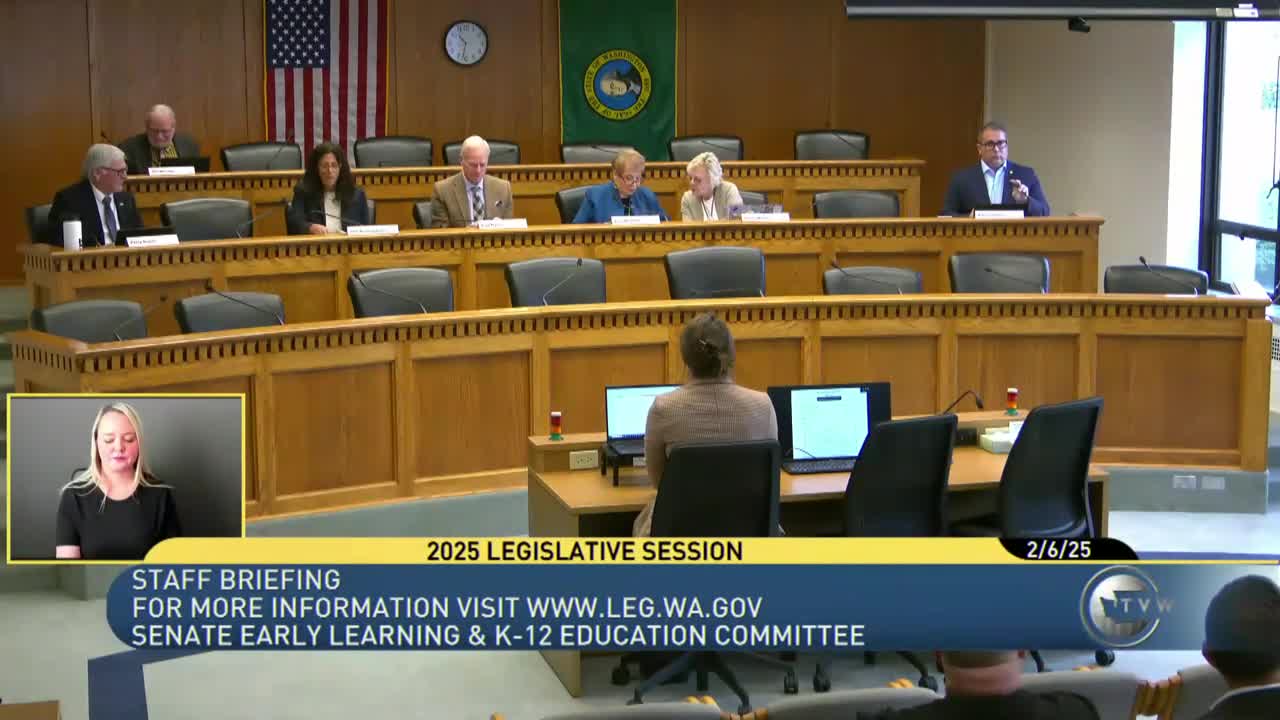Article not found
This article is no longer available. But don't worry—we've gathered other articles that discuss the same topic.

Committee adopts substitute and sends complaint‑process bill to Ways & Means

Bill would change levy cap and local effort assistance; sponsors and critics warn of equity tradeoffs

Panel urges pay increases for classified school staff as committee hears salary allocation bill

